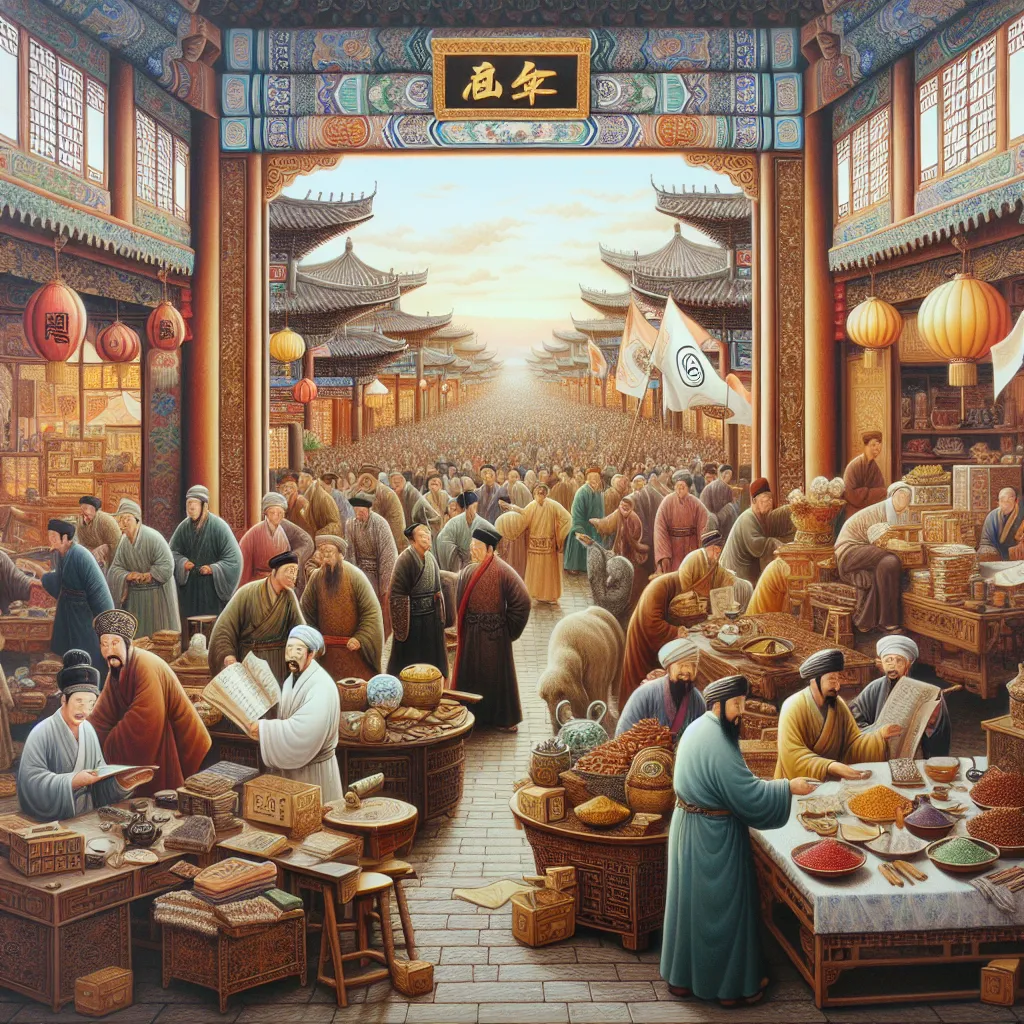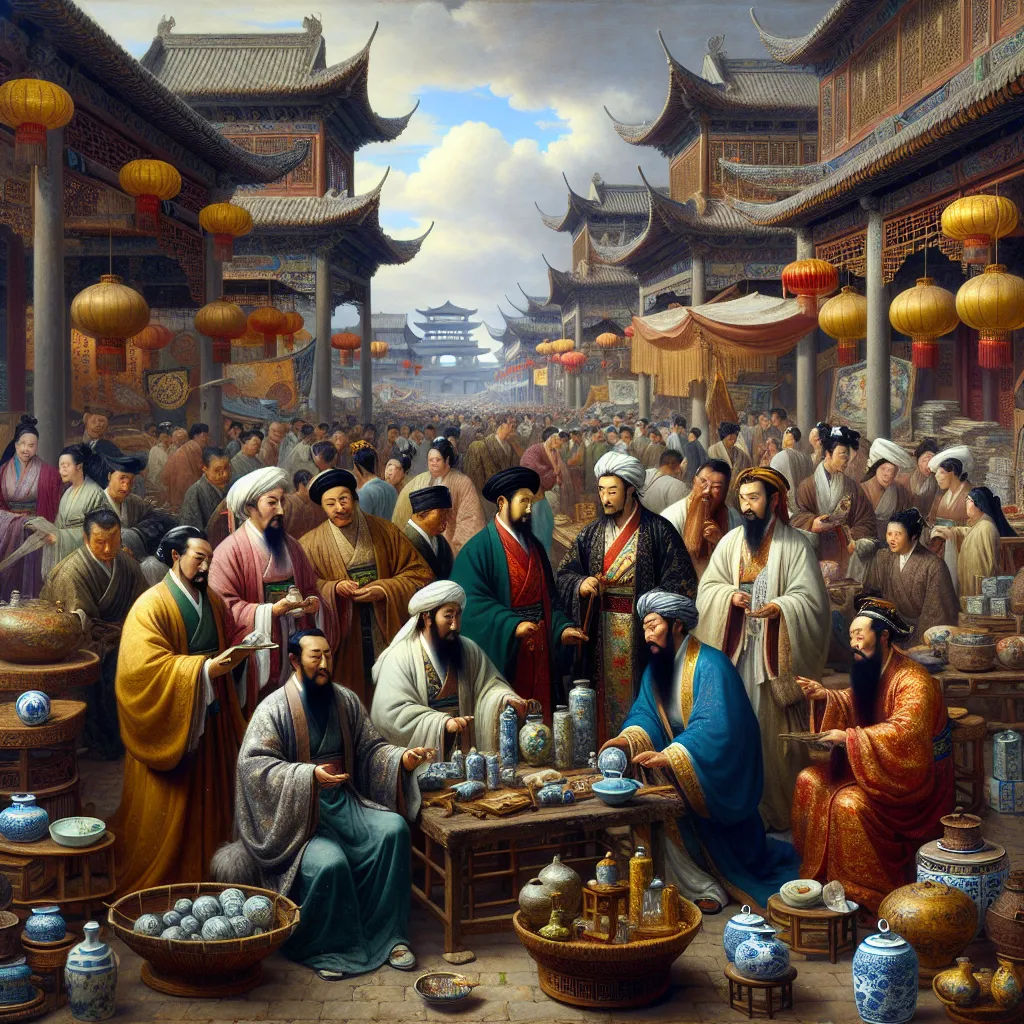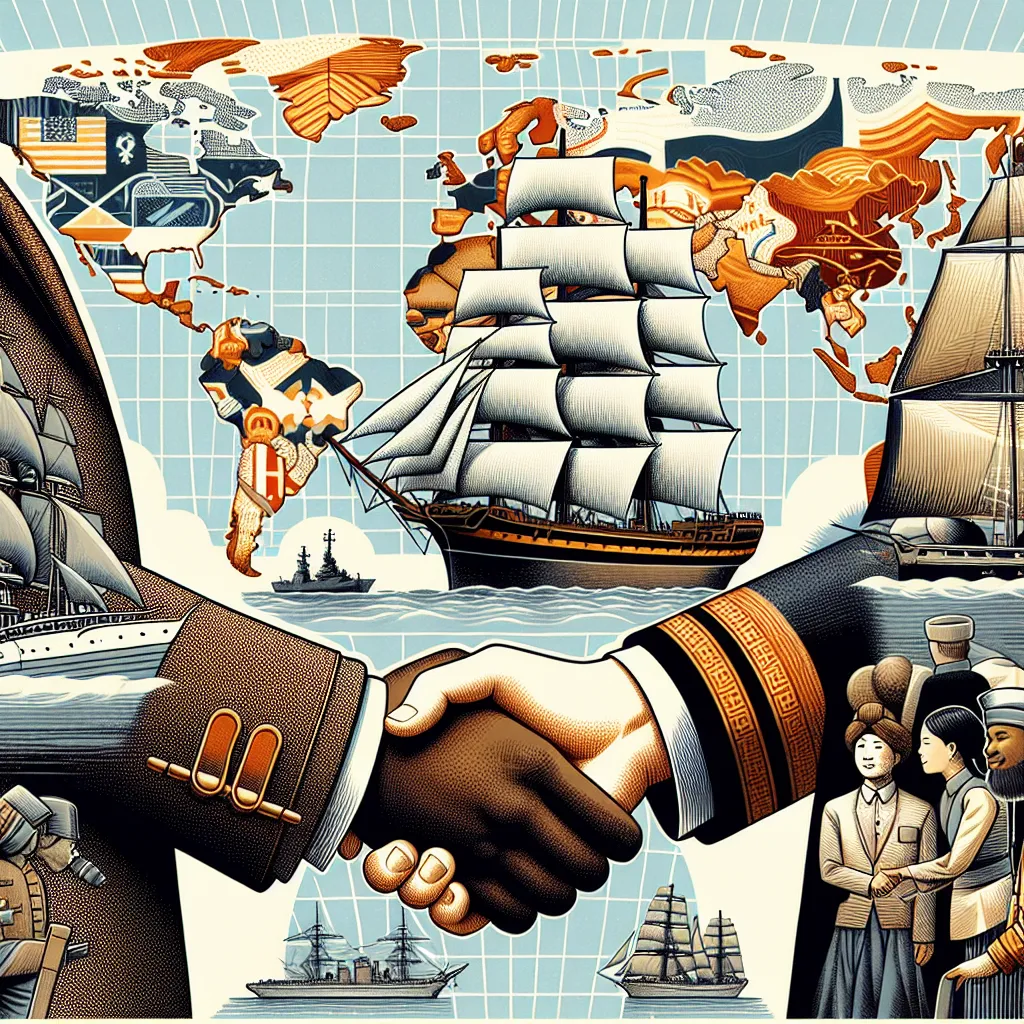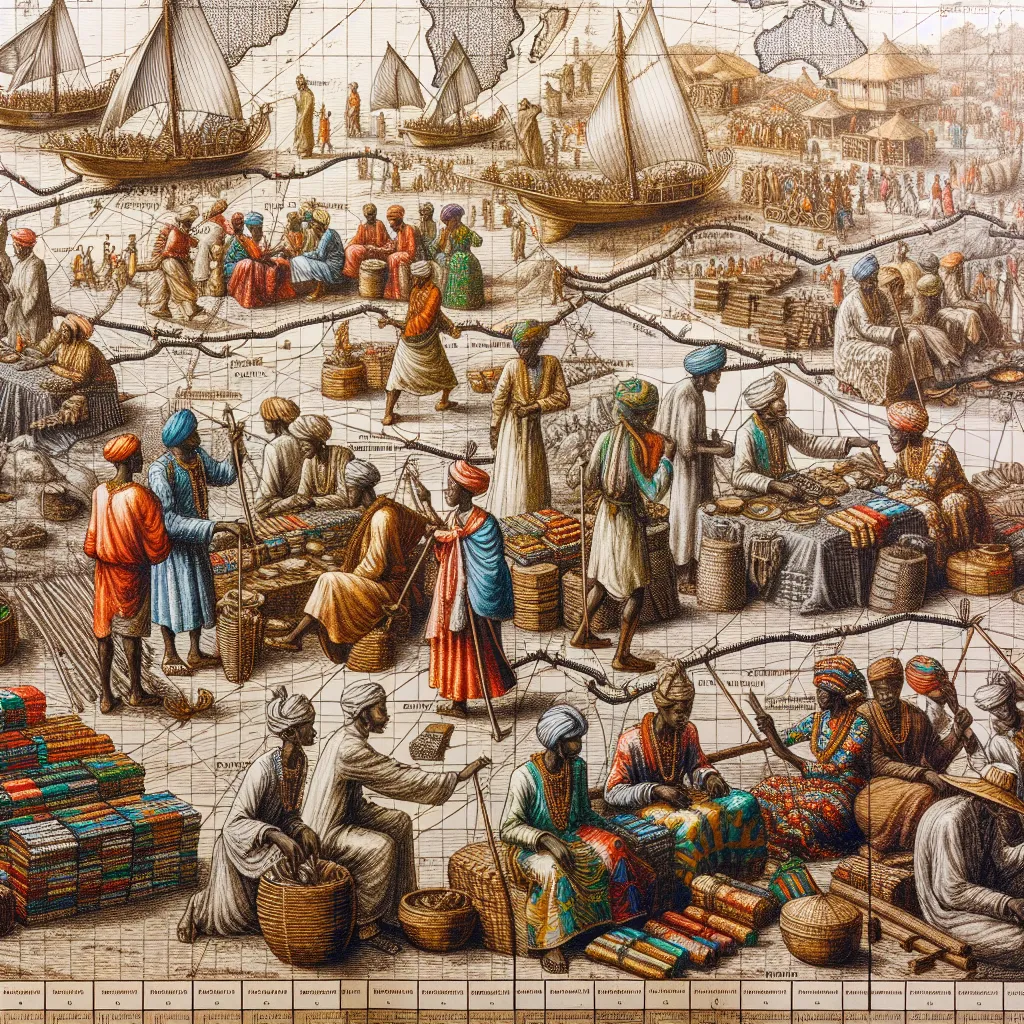Ask AI on The Internet
Question: write a two chunk paragraph about why the open door policy was better during the ming dynasty
The Open Door Policy during the Ming Dynasty was notably advantageous for a variety of reasons, particularly in terms of economic growth and cultural exchange. By allowing foreign merchants to trade within China, the Ming Dynasty facilitated an influx of goods, resources, and ideas that significantly enhanced the local economy. This period saw a flourishing of trade routes, such as the Silk Road, which connected China with other prosperous regions across Asia and Europe. As a result, Chinese markets were able to access diverse and high-demand commodities like spices, precious metals, and luxury textiles. This trade boom not only increased wealth and standards of living in China but also positioned China as a central hub of global commerce, allowing it to exert influence and garner respect on the international stage. Moreover, the Open Door Policy contributed substantially to the cultural and intellectual enrichment of Chinese society. The interaction with foreign traders and the exchange of ideas fostered a vibrant atmosphere of innovation and creativity. Chinese scholars and artisans were exposed to new technologies, art forms, and scientific knowledge, which they could then incorporate and adapt into their work. This cross-cultural exchange led to significant advancements in various fields, such as astronomy, medicine, and engineering. The import of new philosophical and religious ideas also played a role in broadening the intellectual landscape of China, promoting greater tolerance and understanding of different cultural perspectives. Consequently, the Open Door Policy during the Ming Dynasty not only bolstered economic prosperity but also enriched the cultural and intellectual fabric of the nation, showcasing its benefits beyond mere economic measures.
Think your answer is better than the AI's? Post it below.
Other Most Relevant Posts:
 Ask AI: write a two chunk paragraph bout why the open door policy was good in thming dynasty but not in big words
Ask AI: write a two chunk paragraph bout why the open door policy was good in thming dynasty but not in big words
Question Tags
If you want your question answered by an AI, click here.






Post your own comment: